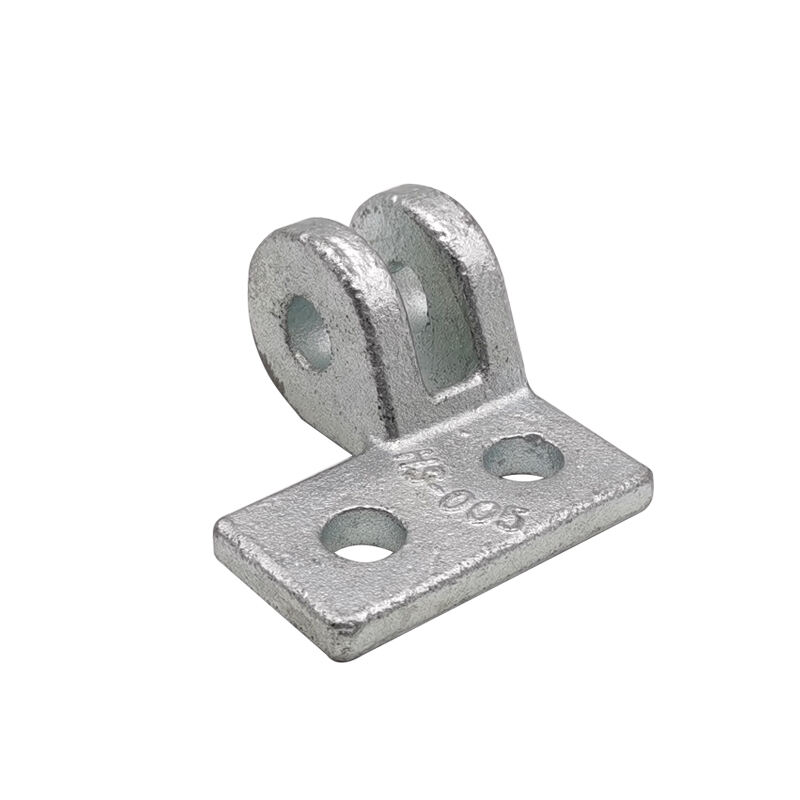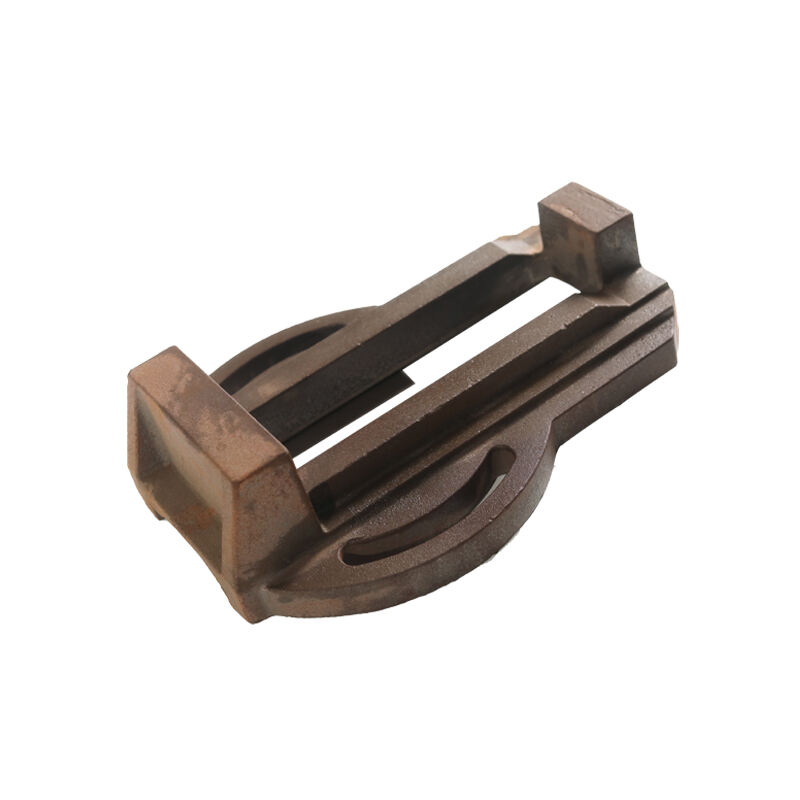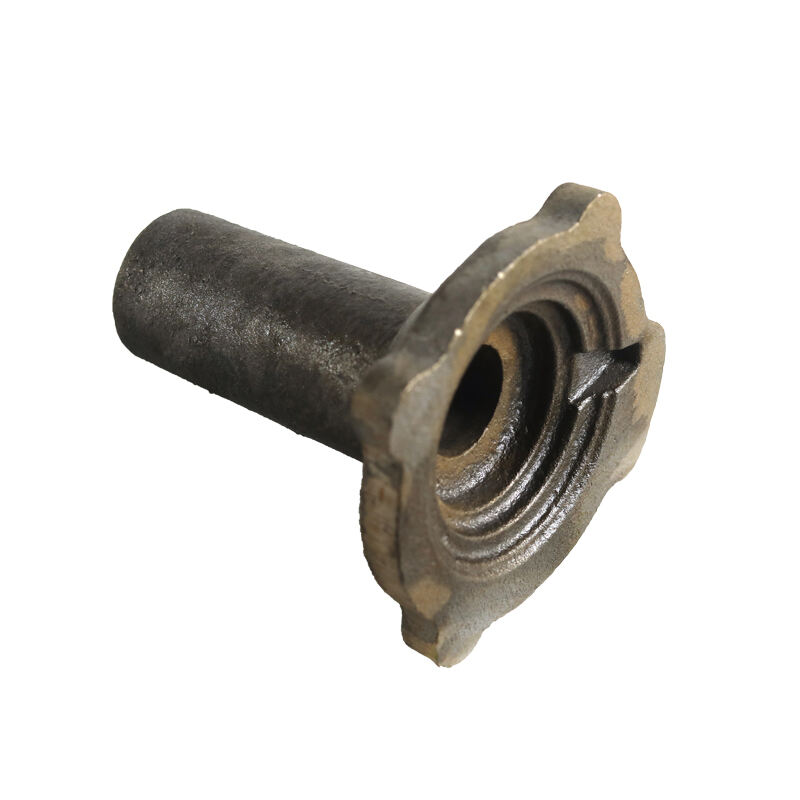steel precision casting parts
Steel precision casting parts represent a sophisticated manufacturing process that combines advanced metallurgy with precise engineering to create complex metal components with exceptional accuracy and consistency. This manufacturing method involves creating detailed molds from precise patterns, then filling them with molten steel under controlled conditions to produce parts with superior dimensional accuracy and surface finish. The process allows for the creation of intricate geometries and internal passages that would be difficult or impossible to achieve through traditional manufacturing methods. These parts are extensively used in aerospace, automotive, medical equipment, and industrial machinery applications where high performance and reliability are crucial. The technology incorporates various advanced features including computer-aided design optimization, automated process control, and rigorous quality inspection protocols to ensure each part meets exact specifications. Steel precision casting parts can be produced in various grades of steel, including stainless steel, carbon steel, and specialty alloys, offering versatility in material selection to meet specific application requirements. The process enables the production of both small, intricate components and larger, complex parts while maintaining tight tolerances and excellent mechanical properties.


